It was a meeting of minds on an international scale, with savants from across the globe, gathered to exchange views and disseminate knowledge about themes drawn from both Hindu and Christian faiths. The occasion was the International Seminar held at K. J. Somaiya Bharatiya Sanskriti Peetham, on the campus of Somaiya Vidyavihar, Mumbai (India) from the 5th to the 10th October 1997 jointly organized under the auspices of K. J. Somaiya Bharatiya Sanskriti Peetham, Institute of Asian Studies, PIME, Sassari, the Department of Oriental Studies, University of Turin, Italy, and Inter-Religious Monastic Dialogue, Rome. When the organizers pondered over the theme of the seminar, two world religions naturally and spontaneously leapt to attention, one from the East and the other from the West. Both the religions have for centuries moulded and chiseled the concepts of countless generations leading them to nobler truths and higher paths. Both these religions – Hinduism and Christianity – in the main, speak the same language of surrender to God’s wishes. Arjuna, convinced by Lord Krsna’s reasoning, his mind cleared of all doubts and apprehensions says, "I will do as you say", (Bhagavad Gita 18/73), whereas a devout Christian says, "They will be done, not mine". Hinduism with its acceptance of all forms possesses a wealth of philosophic wisdom which makes an individual feel the truth of his creed; it speaks of Santi, of the presence of the Divine in every object on earth and in space, in the Nature, in men and in animals. Thus it sermons, parables and commandments, strives to achieve a similar state of them for they know not what they do’, speak out the great virtue of forgiveness, of loving the enemy, blessing them that persecute. It is on such elevated principles that religion rests; and if such principles were followed universally it would be a different plea altogether. People would then live in peace and harmony. Sensing the great truths that underlie these great religions, which have encapsulated the essential concepts of millennia, we felt justified in juxtaposing them for the enrichment and betterment of mankind. Religion leads man to sanctity and spirituality. It stands for unity – unity between man and the Divinity and the unity amongst individuals and also unity between Man and Nature. Religion does not stand for division. Every religion is complete in itself; it is the human being who is incomplete. It is he who not only feels proud of his own religion, but is also apprehensive about other religions. If we seek for unity from the bottom of our heart, we should understand each other. To understand others is not only to know the outer world of persons, but it is to look into the inner world. The inner world is the world of spirituality. It is pure, it is the world which is free from all those stains which make pure copper covered with dross or surround the bright flame by smoke. A spiritual bent of mind is the result of the religious attitude of a person. This religious attitude is partly inherent and partly formed by the environment in which a person grows. The environment in the context of a religions is a mixture of a number of components such as the scriptures of a religion, religious institutions like temple, church and mosque; priests, feasts, fasts and festivals; arts and sculpture.
A Dialogue: Hindu-Christian Cosmology and Religion
In stock
Free & Quick Delivery Worldwide
reviews
Bibliographic information
Title
A Dialogue: Hindu-Christian Cosmology and Religion
Author
Edition
1st ed.
Publisher
ISBN
8170392322
Length
372p., 26cm.
Subjects


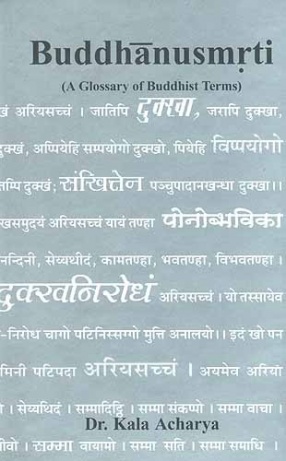
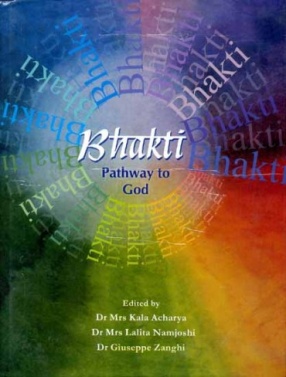
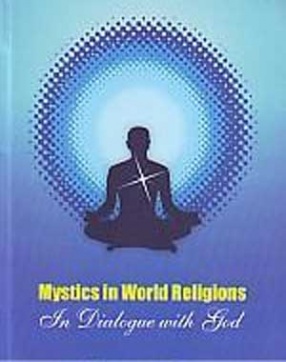
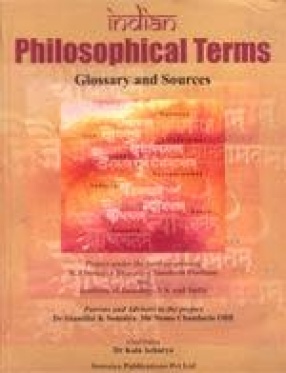
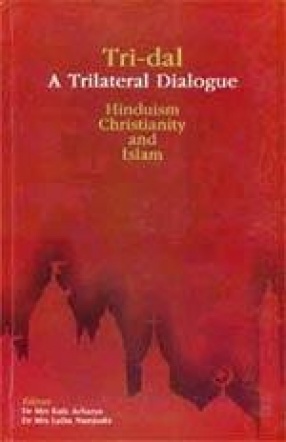
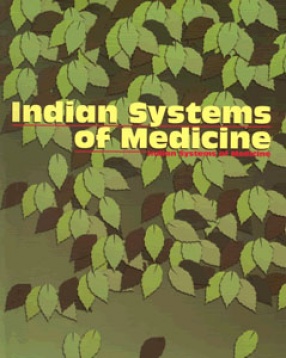


There are no reviews yet.